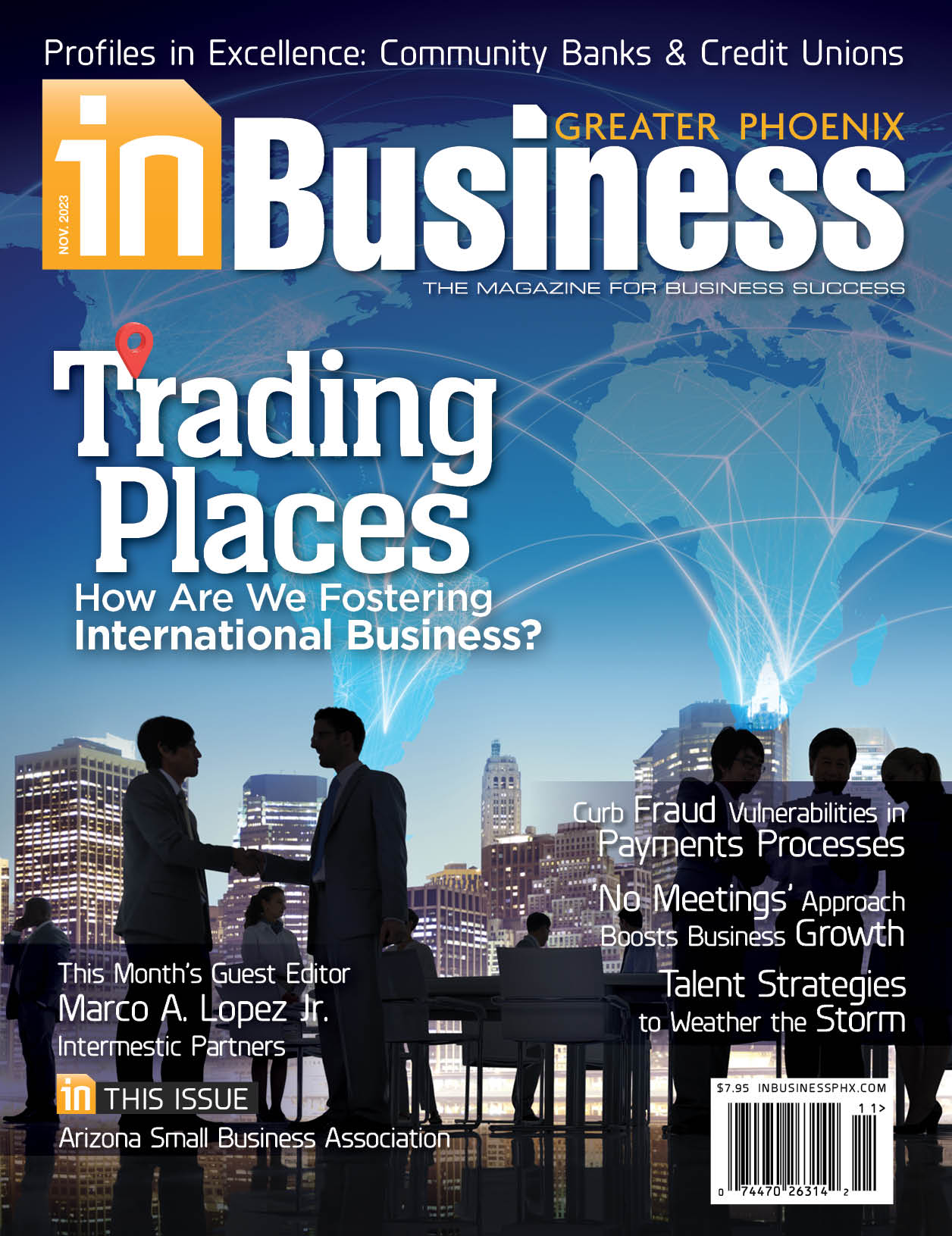 An International Scenario
An International Scenario
Let’s say things are moving forward. As a business owner, you’ve recently learned that there is demand for your product by consumers outside of the United States, and that selling to those markets could be quite lucrative for your company. You’ve also determined that the most effective way to get your product to foreign consumers is through wholesale distribution channels in the consumers’ respective countries.
Foreign distributors have agreed to sell your product, but only if you are willing to offer 90+ days payment terms. This creates two risks:
- How can you be sure you’ll get paid? After all, this is a new customer in a foreign land. While the distribution companies have excellent reputations, based upon your prior due-diligence, there is still the risk that the companies could go bankrupt or something could happen politically that impacts their ability to pay.
- How will you finance the working capital needed to provide payment terms? While the expansion into new markets would profitably double sales for your company, the cash needed to invest in inventory and accounts receivable to support offering extended terms requires liquidity that your company simply does not have on hand. Furthermore, foreign accounts receivable are not a form of acceptable collateral for advancement on a traditional line of credit.
The Solution
Fortunately, there are effective tools available to your company by globally minded banks and government agencies that can alleviate your concerns. Let’s look at each concern again but let’s rename them Payment Risk and Performance Risk.
Payment Risk
Payment risk can be mitigated by obtaining affordable credit insurance on the foreign accounts receivable. The most popular method of insuring foreign receivables is through the Export Import Bank of the United States (EXIM Bank). The EXIM Bank is the official export credit agency of the United States. EXIM Bank’s export credit insurance policy provides payment coverage for both commercial risks (such as buyer default) and political risks (such as war).
Performance Risk
A company’s ability to meet buyer demand and to offer payment terms can be impaired by its ability to finance export-related working capital. Credit insurance, from the EXIM Bank or a qualified private insurer, can be used as a tool to enable globally minded banks to advance on a line of credit using foreign receivables as collateral.
Additionally, the EXIM Bank and the U.S. Small Business Administration both provide approved banks with loan guarantees that can be used to finance export-related inventory and receivables that would otherwise be ineligible to support credit.
Summary
Export credit insurance and loan guarantees are very effective financial tools available to qualified U.S. small and medium-sized business exporters that can substantially reduce payment risk and support working capital so exporters can take advantage of lucrative sales opportunities in global markets.
For more information, contact Mark Roberts at Alliance Bank of Arizona.













Speak Your Mind
You must be logged in to post a comment.